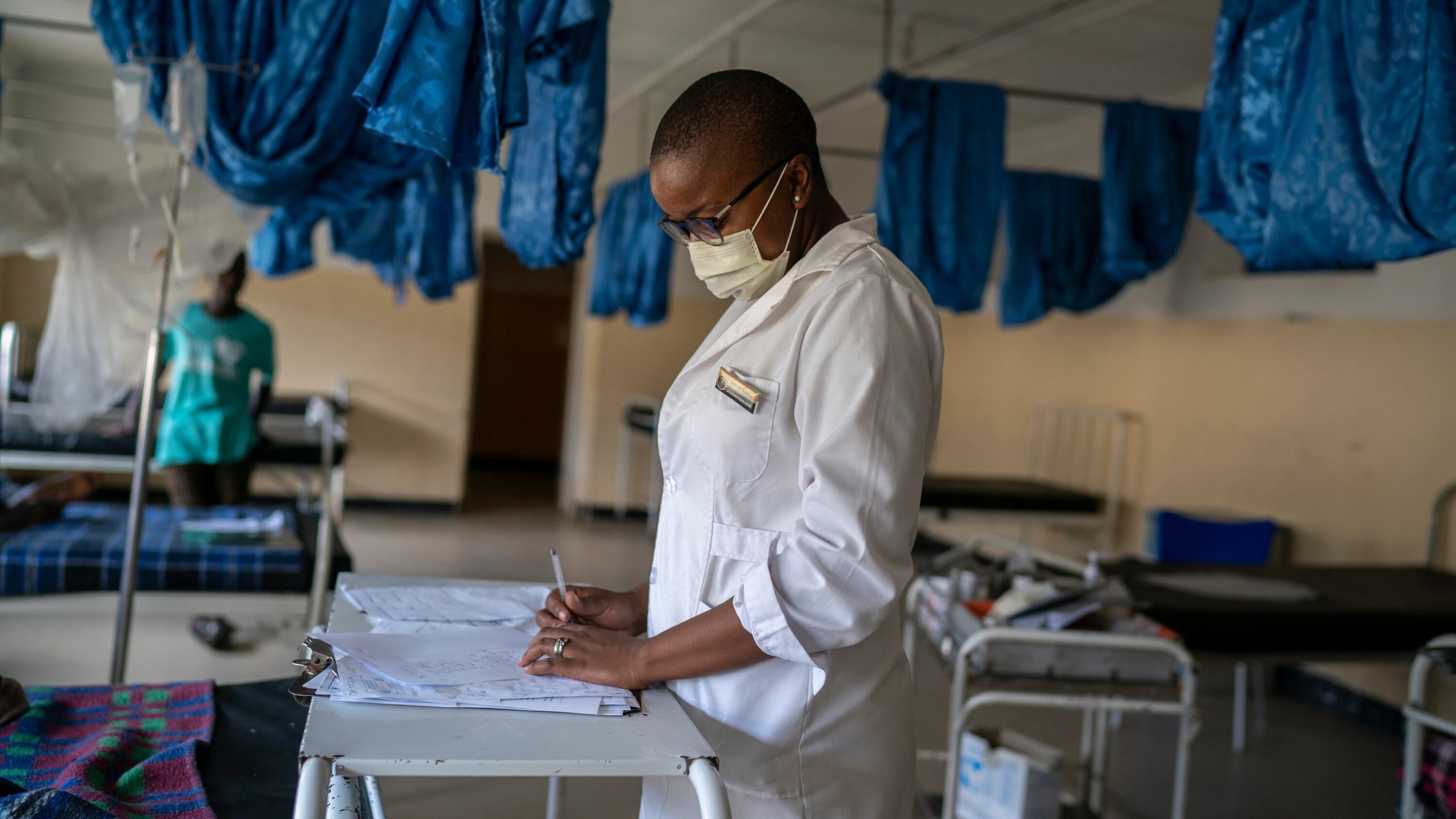
HEALTHCARE
HEALTHCARE
Poverty and poor health are inextricably linked, with poverty being both a cause and a consequence of poor health. In Kenyan communities, overcrowded living conditions, a lack of clean water and improper sanitation contribute to airborne illnesses, like tuberculosis and malaria. These diseases weaken impoverished communities and kill vulnerable members, such as children, women and the elderly.
Poverty prevents people from receiving adequate and timely medical care. If a family member falls ill, doctors’ fees, medications and transportation to health centres can devastate a family’s income. Although the Kenyan government offers a national health insurance policy, many families cannot afford the monthly premium.
When family members become ill, the burden of caring falls on female relatives, especially young girls. As a result, Kenyan women often abandon their education and obtain domestic work to help with household costs.
The Naserian Foundation’s approach responds to the individual needs of each community, with solutions likely to include either entirely new facilities or the refurbishment of old facilities, new equipment, training existing staff or support new staff requirements. Innovative use of both mobile and telemedicine is employed.
The Foundation puts a strong emphasis on preventative health care, and provides staffing and support for programs to address all aspects of family, sexual, female child and geriatric care.

“Sub-Saharan Africa has 24 percent of the global disease burden, yet only three percent of the world’s health care workers.”
— Mitchell Besser